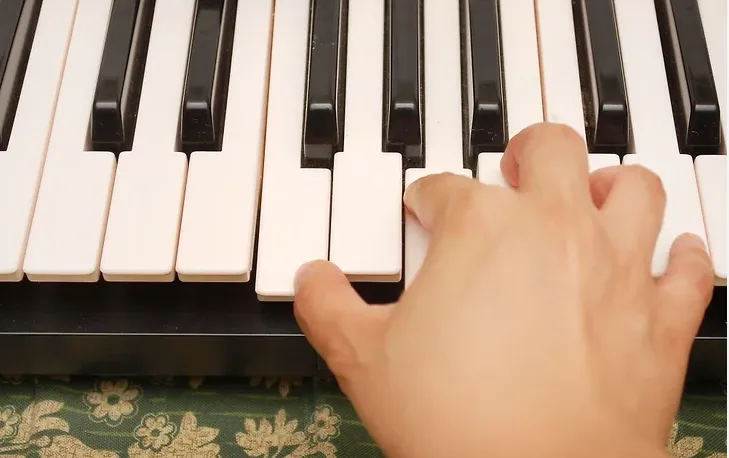Learning Piano
Accelerating Piano Piece Learning
Accelerating Piano Piece Learning
Mastering a new piano piece can be a challenging endeavor. Whether you’re tackling a composition assigned by your instructor or embarking on a self-taught journey with a song you’ve longed to play, this guide aims to streamline the learning process, minimizing hours of potentially frustrating practice.
Strategic Piece Approach 
- Select Your Piece: Engage with the dynamics of the piece, an approach that is particularly beneficial for classical compositions.
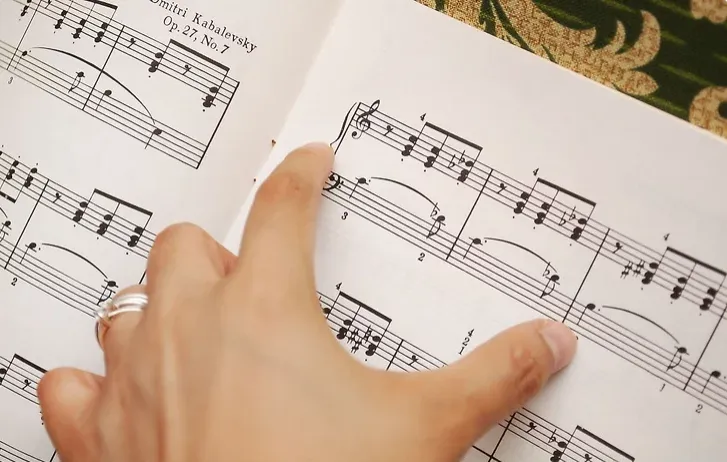
- Segment the Piece: Break the music into smaller, more manageable sections. This strategy not only makes the learning process less daunting but also facilitates a closer examination of the piece’s dynamics, enabling you to compare your performance with the original rendition more effectively. The division of the piece should be based on its length and complexity.
Effective Practice Techniques
- Isolate Hand Practice: Start by mastering the part for the right hand, followed by the left, ensuring proficiency in each before attempting to combine them.
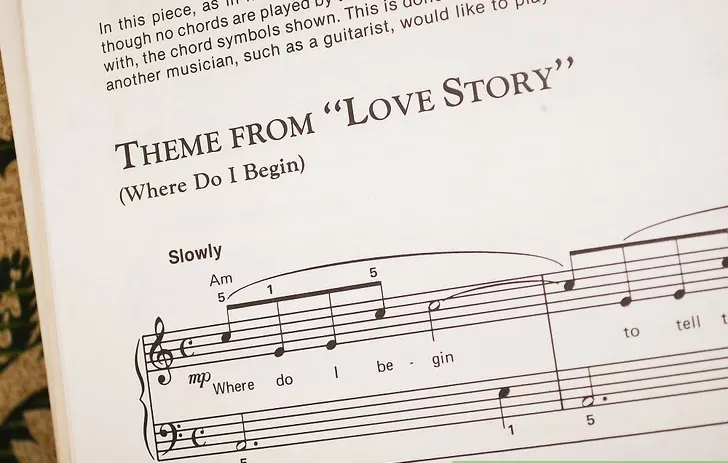
- Mental Play-Along: For well-known pieces, mentally aligning the music or lyrics as you practice the right hand can help in identifying mistakes and enhancing memorization.
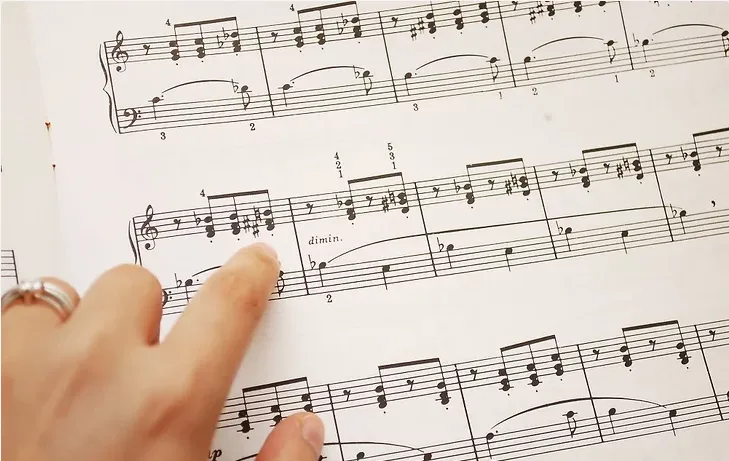
- Gradual Build-Up: Avoid attempting to play through the entire piece at once. Instead, focus on perfecting one line at a time, gradually adding more until you can play through seamlessly.
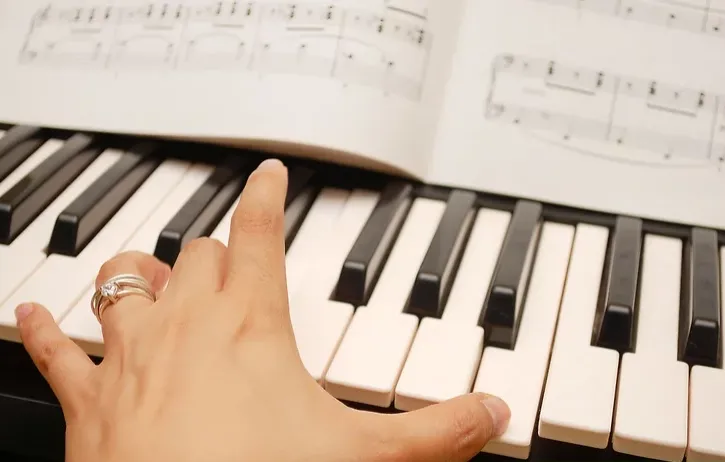
- Slow Down: Mastery comes from playing the piece slowly and without errors before attempting to play at full tempo.
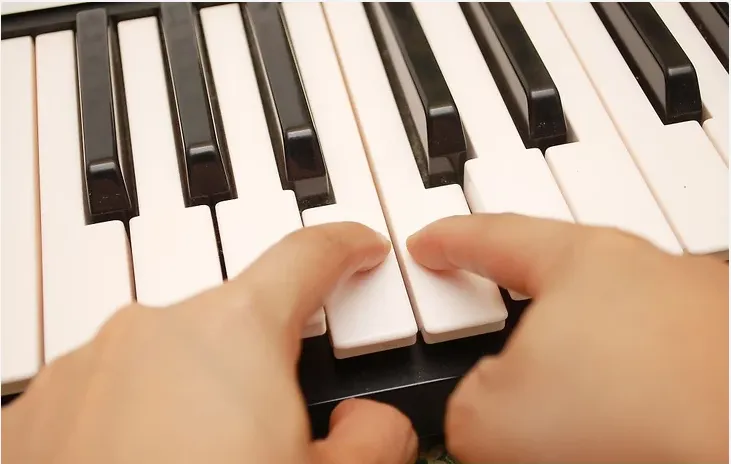
- Pace Yourself: Rushing through the learning process can lead to frustration. Take regular breaks and intersperse practice with pieces you are comfortable playing to maintain motivation.
Tackling Difficult Sections 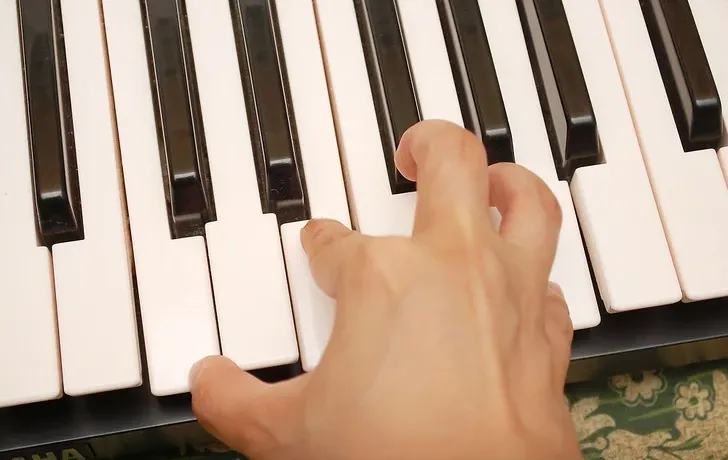
- Focus on Problem Areas: Dedicate time to work intensively on challenging segments. Investing time in perfecting a few difficult chords can make a significant difference in overall performance and prevent future frustration.
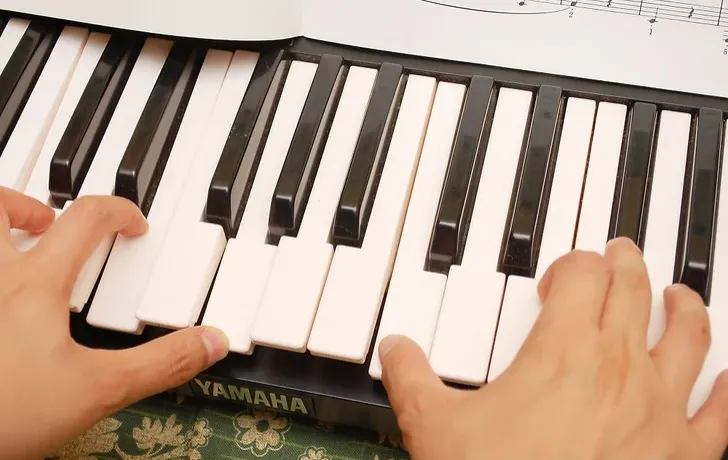
- Whole-Piece Playthrough: Once you feel confident, play the entire piece to pinpoint any lingering difficulties. It’s crucial to revisit and maintain the piece in your repertoire to reinforce learning.
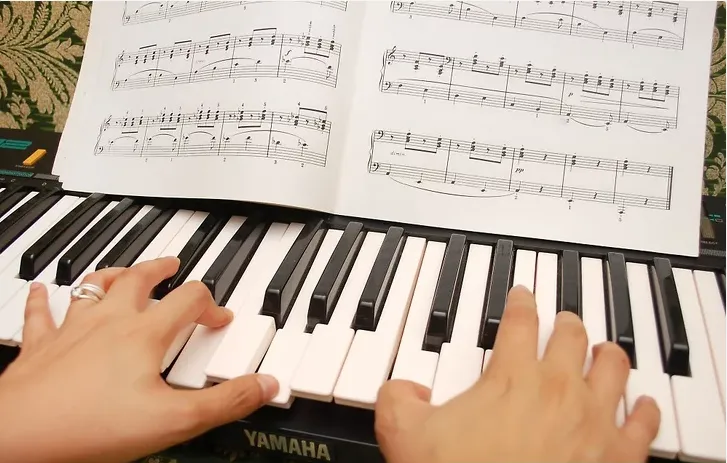
- Correct Mistakes: Ending your practice on a mistake can lead to memorizing the piece incorrectly. Always conclude with a section you can play well to ensure accurate recall during future practice sessions.
By applying these targeted strategies, you’ll find that learning a new piano piece becomes a more efficient and enjoyable experience.

